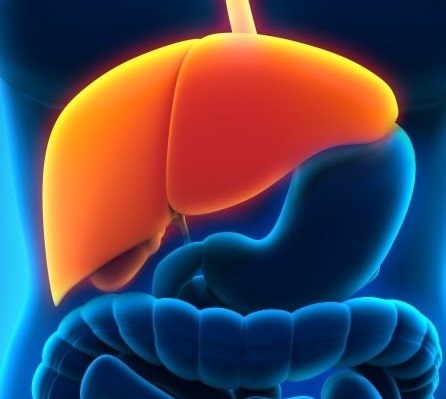Understanding liver cirrhosis: what you should know
August 16, 2019 | Friday | Views
Dr Prashant Kumar Dash, Director-Medical Services at Medlife.com shares his views on liver cirrhosis
There has been a paradigm shift in the dynamics of liver diseases in India in the last few years. Estimates indicate that these diseases affect 1 in 5 Indians and are the tenth most common cause of mortality in the country.
While conditions like Hepatitis B and C were the primary causes attributed to them earlier, there are other factors today including alcohol consumption and obesity. One of the most common types of liver diseases affecting about 10 lakh people every year is liver cirrhosis.[2] Global estimates suggest that by 2020, liver cirrhosis could be the 12th leading cause of deaths worldwide and is slowly turning into a lifestyle disorder.
The condition and its symptoms
Liver cirrhosis occurs due to an irreversible scarring of the liver, and when scar tissue replaces healthy liver cells permanently. Given that it is a progressive condition, it can lead to loss of liver function over time if not treated in a timely manner. While there may not be any obvious symptoms during the early stages, with time and accumulation of scar tissue, a person can experience fatigue, insomnia, appetite and weight loss, nausea, and pain and tenderness in the area where the liver is located. As the condition progresses, a person may experience; personality changes; bleeding gums; confusion; fluid buildup or edema; jaundice; frequent fever and infections; and nosebleeds – they may vomit blood over time.
Diagnosis and treatment
People with early-stage cirrhosis of the liver usually don't have symptoms. Often, cirrhosis is first detected through a routine blood test or checkup. To help confirm a diagnosis, a combination of laboratory and imaging tests is usually done. Some of these include blood tests that help measure liver function; an ultrasound, MRI, or CT scan; biopsy or endoscopy. If liver cirrhosis is detected at an early stage, it is possible to minimize damage with treatment.
If the underlying cause of liver cirrhosis is alcohol intake, it is imperative that the alcohol consumption is stopped immediately on diagnosis. If the underlying cause is viral hepatitis B or C, then certain medications may be prescribed for treatment. In case of obese/diabetic individuals, losing weight and control of blood sugars is important. Additional medicines may be required to manage the complications of cirrhosis. Regular tests are also suggested to monitor these complications. Incase of severe liver cirrhosis, a liver transplant is often advised by doctors.
Prevention
While treatment and transplant are the last alternatives, certain precautions taken at an early stage can help prevent liver diseases.
- Avoid overconsumption of alcohol. Limit the amount to one drink a day.
- Avoid high-risk or unprotected sex; this and sexual contact with multiple partners can make you a likely candidate for hepatitis, which is a risk factor for cirrhosis.
- Avoid excessive contact with synthetic chemicals or cleaning products. Wear protective clothing or masks if you happen to be around these regularly.
- Get vaccinated against hepatitis B..
- Consume a balanced diet that is rich in fruits, vegetables, and multigrain food. Poor nutrition combined with alcohol and drug abuse have a big role to play in causing cirrhosis.
- Get checked regularly and make sure your vitals such as blood sugar and blood pressure, and cholesterol are under control.
In conclusion
The liver is an extremely important organ of the body and is responsible for filtering out toxins and other chemicals from the blood. This organ is thus highly susceptible to tumors and cancer cells. Given this, one must ensure that they avoid any overarching habits that are likely to affect the liver and put more strain on it. Doing so will ensure that the liver stays healthy and free of diseases for a long time.









